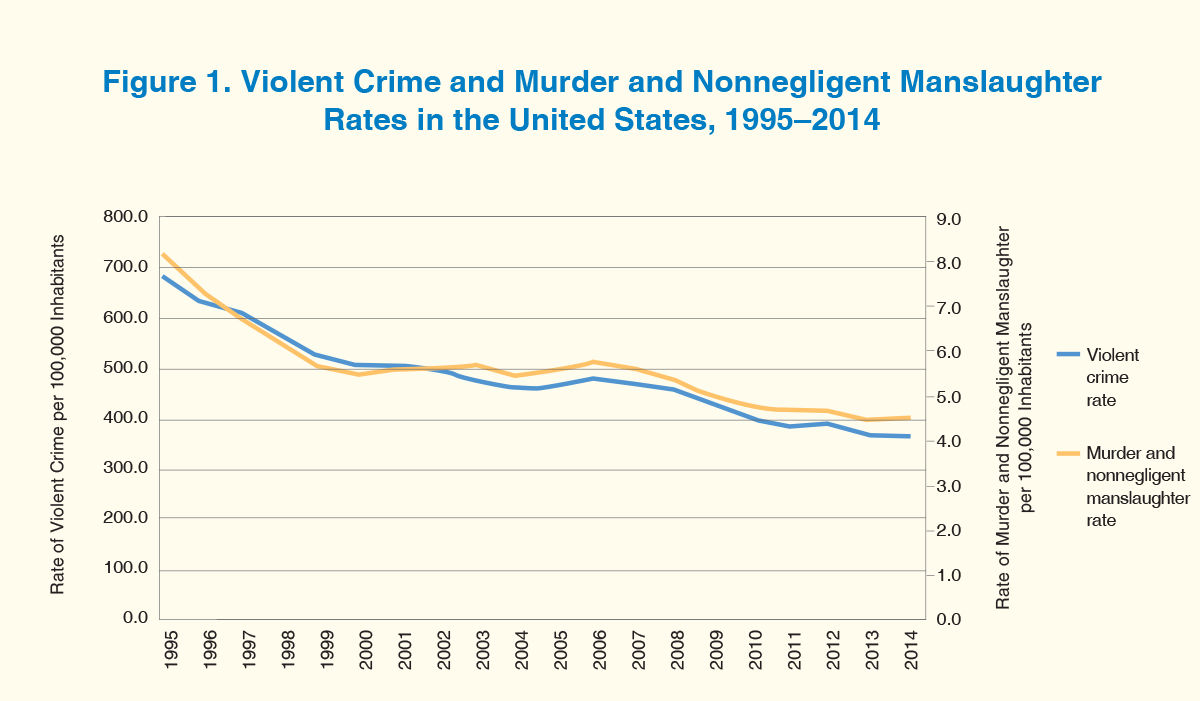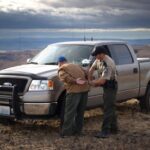
The Disparity of Violence: What It Tells Us About America’s Value System
The Many Forms of Violence
Violence is not only physical harm. In her speech at a rally in Washington, DC, in June 1968, Coretta Scott King, widow of the Reverend Dr. Martin Luther King, Jr., reminded us that violence is often systemic, and in the most insidious nature, it is poverty, cognized as an abstract form of violence. She highlighted the various avenues of its manifestations – from suppressing cultures to neglecting children to ghetto housing to disregarding medical needs – these are all systemic acts of violence.
Contempt for Poverty: The Silent Fatal Violence in America
Violence against the poor in America is no stranger. The recent occurrences – the death of UnitedHealthcare CEO Brian Thompson and the acquittal of Daniel Penny for the chokehold death of Jordan Neely – have elevated conversations about violence in America, putting the magnifying lens on whose lives are considered more valuable in America. On this backdrop, it appears our elected officials don’t show any urgency in addressing systemic poverty violence or the early deaths it produces. Even as the government withdraws support, a host of organizations provide critical social services. However, they too are struggling, being under-resourced and fighting their battle with poverty.
America’s Health Crisis: Poverty as a Leading Cause of Deaths
The lack of healthcare coverage in the country continues to be a catalyst for thousands of deaths each year. The University of California, Riverside paper published last year in the Journal of the American Medical Association found that poverty is the fourth leading cause of death in America. Thompson’s death from none other than the deny in health coverage sparked public outrage against insurance companies.
Disparity in Response to Violence
The systemic bias in America is evident when we compare cases with similar levels of violence, receiving a disparate level of attention. Teen advocacy journalist Lex McMenamin sheds light on this, contrasting the responses to the murders of Brian Thompson and 17-year-old migrant Yeremi Colino. In this situation, media attention and resources leaned heavily toward Thompson’s case due to his notable professional position, while Colino was largely overshadowed.
Nonprofit Workers: Fighting Poverty in the Midst of Poverty
People dedicated to addressing poverty violence, working in the nonprofit sector, often find themselves battling the same issues they chose to confront. The nonprofit sector, employing around 12.8 million people, struggles with putting affordable health insurance within the reach of its workers, as noted by Jan Masaoka at NPQ. Shockingly, 22 percent of these nonprofit workers live in poverty. This reality shows the grim face of how deeply entrenched inequality in America is.
The Unfinished Fight: The Need for A Systemic Solution to Poverty Violence
To tackle poverty violence, there is an urgent need for systemic resources that address this systemic problem. The fact that full-time workers—those who are working to alleviate poverty—are themselves victims of poverty sheds light on the severity of the issue. These are disconcertingly dismissive indicators of the state of poverty in America, despite Coretta Scott King reminding us nearly 60 years ago that doing nothing is an act of violence and, is not an option.
Conclusion
Our path forward is fraught with obstacles but progress is not only needed—it is imperative. As advocates for change, we must impel our leaders to make a conscious effort to address issues like poverty violence. By doing so, we aim to ensure that lives are considered valuable in America, regardless of one’s role or position in society. Because even lack of willpower to help is a deeply perturbing form of violence.
Originally Post From https://nonprofitquarterly.org/how-poverty-violence-shows-whose-lives-are-worth-more-in-america/
Read more about this topic at
How Poverty Violence Shows Whose Lives Are “Worth” …
Americas: Address Poverty, Corruption, Insecurity


